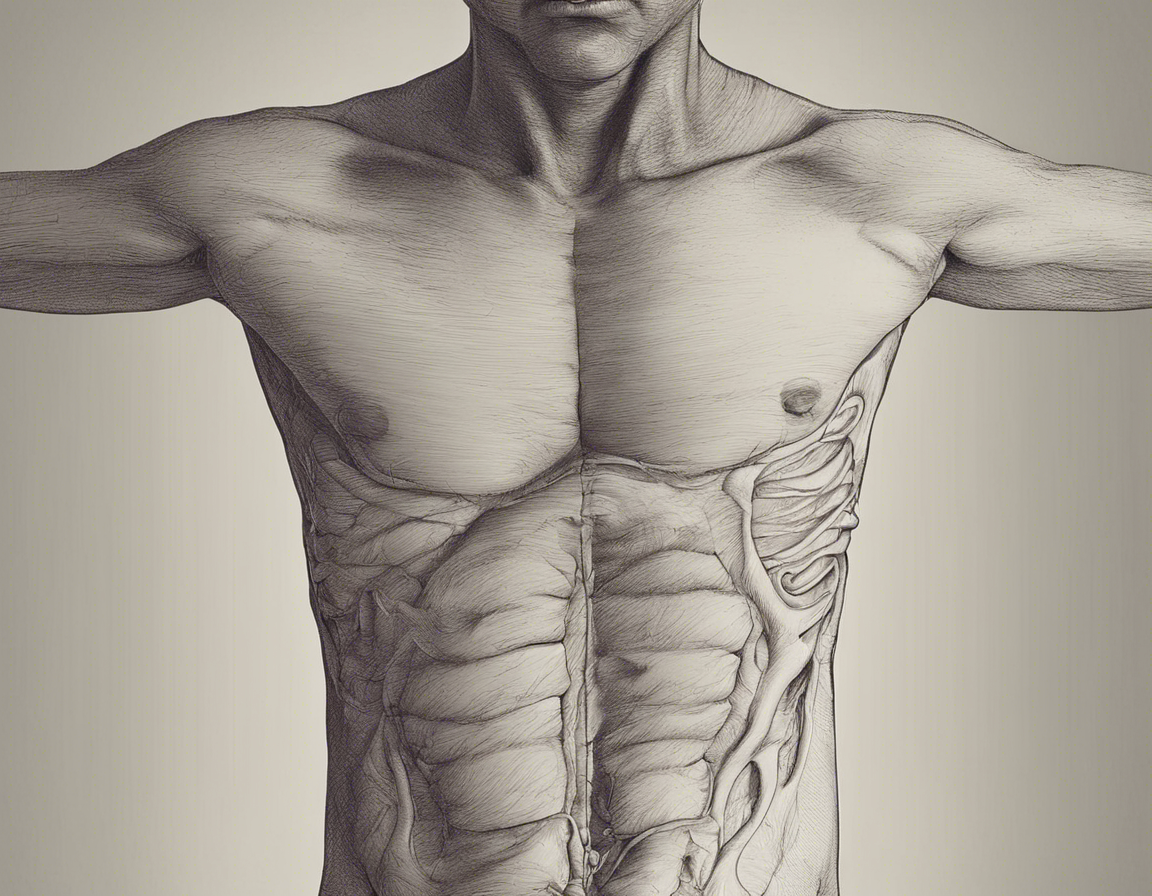Introduction
The “face in stomach” phenomenon, also known as pseudocyesis or false pregnancy, is a rare psychological condition where an individual exhibits physical symptoms of pregnancy despite not being pregnant. This fascinating yet complex condition has puzzled medical professionals and psychologists for centuries. In this article, we will delve into the various aspects of this phenomenon, including its causes, symptoms, diagnosis, and treatment options.
Understanding Pseudocyesis
Pseudocyesis is a condition where individuals, primarily women, believe they are pregnant and exhibit physical signs of pregnancy such as abdominal swelling, weight gain, cessation of menstrual periods, and even reported fetal movement. However, despite these symptoms, there is no actual fetus present. The belief is so strong that the body begins to manifest physical changes associated with being pregnant, leading the individual to genuinely believe they are expecting a child.
Causes of Pseudocyesis
The exact causes of pseudocyesis are not yet fully understood, but experts believe it is a combination of psychological and hormonal factors. Some possible factors contributing to the development of pseudocyesis include strong desire for motherhood, history of infertility, past miscarriages, sexual trauma, and underlying psychological issues. These factors can lead to a significant psychological stress response that triggers the body to exhibit physical symptoms of pregnancy.
Symptoms of Pseudocyesis
Individuals experiencing pseudocyesis may exhibit a range of symptoms similar to those of a real pregnancy. These symptoms can include abdominal enlargement, breast changes, nausea and vomiting, weight gain, and even the sensation of fetal movements. It is essential to note that these symptoms are not consciously fabricated by the individual but are rather a result of their deep-seated belief that they are pregnant.
Diagnosis of Pseudocyesis
Diagnosing pseudocyesis can be challenging due to the physical symptoms present in the individual. Medical professionals typically conduct a series of physical examinations, pregnancy tests, ultrasounds, and psychological evaluations to rule out any other medical conditions and confirm the presence of pseudocyesis. It is crucial for healthcare providers to approach the diagnosis with sensitivity and empathy due to the delicate nature of the condition.
Treatment Options
Treatment for pseudocyesis often involves a multidisciplinary approach that addresses both the physical and psychological aspects of the condition. Therapy, including cognitive behavioral therapy (CBT) and counseling, can help individuals explore and address the underlying issues that have contributed to the development of pseudocyesis. Additionally, medications may be prescribed to manage any associated symptoms such as anxiety or depression.
FAQs
- Can men experience pseudocyesis?
-
While pseudocyesis is more commonly seen in women, there have been rare cases of men exhibiting symptoms similar to false pregnancy. These cases are often associated with deep psychological issues and should be addressed with professional help.
-
Is pseudocyesis the same as a phantom pregnancy in animals?
-
Pseudocyesis in humans is similar to a phantom pregnancy in animals, where female animals exhibit signs of pregnancy without actually being pregnant. The underlying psychological and hormonal mechanisms are believed to be comparable in both human and animal cases.
-
Can pseudocyesis be prevented?
-
Since the exact causes of pseudocyesis are not fully understood, it can be challenging to prevent the condition. However, early recognition of underlying psychological issues and seeking appropriate support and therapy can help mitigate the risk of developing pseudocyesis.
-
How long do symptoms of pseudocyesis typically last?
-
The duration of symptoms in pseudocyesis can vary from individual to individual. Some individuals may experience symptoms for a few weeks, while others may have symptoms persist for several months. Early diagnosis and treatment can aid in managing and alleviating symptoms.
-
Is pseudocyesis considered a mental illness?
- Pseudocyesis is not classified as a mental illness but rather as a somatic symptom disorder. It involves the manifestation of physical symptoms due to underlying psychological distress. Seeking proper psychological support and treatment is essential in addressing the condition.
In conclusion, the face in stomach phenomenon of pseudocyesis is a complex and intriguing condition that highlights the intricate connection between the mind and body. By raising awareness, promoting understanding, and providing compassionate care, we can better support individuals experiencing pseudocyesis and help them navigate through this challenging condition.
